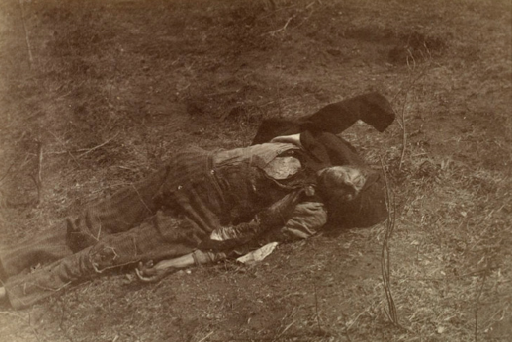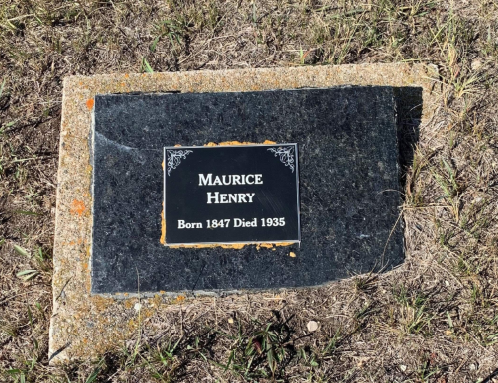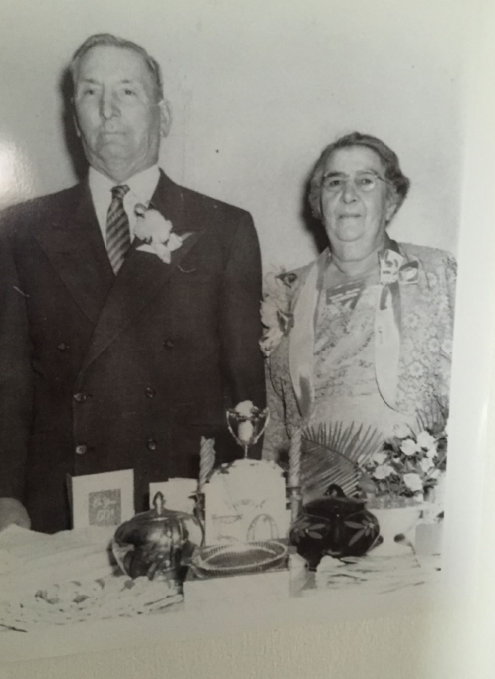Ahead of tomorrow’s National Day for Truth and Reconciliation (NDTR), Keith Henry, BC Métis Federation President and CEO, has published an op-ed in the National Observer. It provides a personal perspective on how Métis stories have been misrepresented or overlooked far too often in Canada’s historical narrative. It also speaks to the role that Indigenous tourism experiences can play in education and engagement, inviting others to learn, connect and help build pathways to healing.
The op-ed is available online at the National Observer (requires a subscription) and is copied below in its entirety.

Keith Henry (far right), twin brother Kevin and younger brother Kerry. Métis stories have been misrepresented or overlooked far too often in Canada’s historical narrative.
As Canada marks the National Day for Truth and Reconciliation on Sept. 30, I feel called to share my story as a Métis person and how my history and work in tourism connect to this day.
For me, reconciliation is deeply personal. My family lived through some of the most significant events in Canada’s history, including the 1885 Métis Resistance, also known as the Northwest Resistance of 1885. This historic moment in Canada is often reduced to just two iconic figures: Louis Riel, the leader of the Red River resistance, remembered for bringing Manitoba into Confederation as Canada’s fifth province in 1870; and Gabriel Dumont, known for his military leadership during the Northwest Resistance. The culmination of previous events led to the open resistance in 1885, and the aftermath left generations of my family dealing with trauma, shame and erasure.

Keith’s great great great grandpa Donald Ross – killed in Batoche on the final day of battle May 12th, 1885. Photo courtesy of Keith Henry
Visiting Batoche, now a well-developed National Historic Site, with my sons this past summer, I’m struck by how my own family’s story remains invisible, even as other Métis communities are celebrated. Despite the site’s beauty and infrastructure, the true diversity and history of Batoche’s three original communities — including Fish Creek and Saint Laurent — are often missed, leaving families like mine unrecognized.
Métis stories have been misrepresented or overlooked far too often in Canada’s historical narrative. The families who have suffered, as well as the displacement and the silencing of voices beyond the most famous figures, all need to be acknowledged. Reconciliation, for me, means carrying those stories forward. It means honouring my ancestors by creating opportunities for Canadians to understand the complexity of that history, not to dwell in pain but to build pathways toward learning, respect, recognition and healing.

Keith’s great-great Grandpa Maurice Henry’s headstone at the Batoche cemetery. Photo by Keith Henry
For too long, I was taught only one side of the story — never told that my great-great-great-grandfather was simply defending his river lot as new settlers and the CN Rail intruded. My family’s suffering in 1885 has been overshadowed by the focus on figures like Louis Riel, erasing the real human impact.
There’s something deeply wrong when our history isn’t told honestly. Honouring my ancestors’ legacy means demanding truth at places such as Batoche and Parks Canada sites. That’s why the National Truth and Reconciliation Day matters to me — it’s a chance to finally recognize all our stories and heal together.
Today, I am proud of my role in promoting Indigenous tourism across Canada. It plays an important role in Canada’s reconciliation and is a powerful tool for economic development and cultural revitalization for Indigenous communities. Through Indigenous-led tourism, communities can share their stories and traditions with visitors while creating sustainable, community-driven businesses that benefit future generations.
To learn more about the truths on Sept. 30, there are Indigenous tourism experiences across Canada that take place in former residential schools. Visitors can engage in authentic storytelling and guided experiences, as well as hear the voices of survivors and community leaders. For instance, Wikwemikong Tourism provides a guided experience of the first Residential School on the Great Lakes and Northern Ontario’s oldest Catholic church.

Keith’s great grandparents Napoleon and Marie Henry (Fiddler). Photo provided
The National Indigenous Residential School Museum of Canada, located at the former Portage la Prairie Indian Residential School in Manitoba, is a national historic site dedicated to truth, remembrance and healing. Another former residential school, St. Eugene Golf Resort & Casino, has been reclaimed and transformed by the Ktunaxa Nation into a resort where guests can stay, golf and dine onsite while learning about the building’s history.
Indigenous tourism in Canada is about more than just travel — it’s about developing deeper connections, understanding and respect for the diverse cultures and traditions of Indigenous Peoples. It offers travellers the unique opportunity to engage in authentic experiences that provide insight into Canada’s history and contribute to the ongoing journey of reconciliation.
This approach helps ensure that tourism remains a positive force for both the Indigenous communities involved and the broader Canadian tourism landscape.
As I reflect on my own journey, I see that truth and reconciliation begin with the courage to tell our stories — not just the ones passed down through textbooks, but the real and often overlooked experiences such as the one my family lived through. This day is more than a commemoration; it’s a call to recognize all voices and honour histories that have been kept in the shadows for too long.
My work in Indigenous tourism lets me carry my ancestors’ legacy forward, inviting others to learn, connect and help build pathways to healing. On this National Day for Truth and Reconciliation, I stand proud to share my story and advocate for honest recognition, so that we can create a future shaped by respect, understanding and true reconciliation.
Keith Henry, CEO and president of the Indigenous Tourism Association of Canada and proud member of the Métis Community in Canada.
